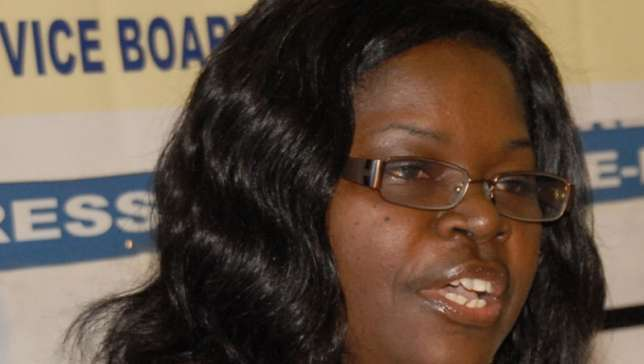
Signs of economic rebound
Projections that Ghana's economic growth will pick up in 2016 seem to have been supported by latest figures from the Ghana Statistical Service, which show that GDP grew by 4.9 per cent year-on-year in the first quarter of 2016 on the back of robust service sector activities.
Advertisement
It is instructive to note that the much-better-than expected results point to a potential recovery of growth in the economy, after sharp declines in 2014 and 2015.
The first quarter growth of 4.9 per cent for 2016 compares to 4.5 per cent, negative 3.8 per cent and 0.9 percent for the same period of 2015, 2014 and 2013 respectively.
It is gratifying that this puts the first quarter performance ahead of developments over the past three years and points to a potential outperformance of the 2015 GDP outcome of 3.9 percent, with the economy appearing to be on track to achieving the 5.4 percent target set for the year.
Within the sectoral growth rates, the services sector recorded the highest growth of 8.8 per cent, the agriculture sector followed with 2.8 per cent and the industry sector, negative 1.1 per cent.
Agriculture saw increased growth in crops, livestock and forestry while the services sector benefited from ICT, real estate, hotels, restaurants, trade, transport, education, finance and health services.
Factors supporting the growth recovery include improved electricity supply since the beginning of the year and the successes achieved in ongoing fiscal consolidation, reflected in a decline in the budget deficit from 10.2 per cent of GDP in 2014 to 6.7 per cent of GDP in 2015.
With the oil sector suffering from a price shock to exports and the expected short-term effect of fiscal consolidation, Ghana's growth slowed down to 4 per cent in 2014 and 3.9 per cent in 2015.
But the government forecast a recovery to 5.4 per cent in the 2016 budget, with expectations that growth will return to much higher levels of 9.9 per cent in 2017 and 9.3 per cent in 2018.
The coming on-stream of the Tweneboa-Enyenra-Ntomme (TEN) oilfields later this year is one of the drivers of the expected growth recovery, together with the positive effects of fiscal consolidation, which is expected to lead to a more stable macro-economy.
A key challenge for the economy continues to be high inflation, which stood at 18.9 per cent in May, but the central bank has expressed confidence that inflation will fall in the second half of 2016, and it also expects price growth to fall to under 10 per cent by the first quarter of 2017.
As Ghana goes into elections later this year, there's much interest in seeing fiscal consolidation strengthened in spite of expected spending pressures. Reflecting the government's publicly-expressed commitment to achieve this goal, the budget deficit target for 2016 has been set at 4.8 per cent of GDP, which is tighter than a previous estimate of 5.3 per cent.
We believe that a recovery of growth bodes well for the public finances because it will likely boost tax collections, as higher growth means a lot more economic activities.




